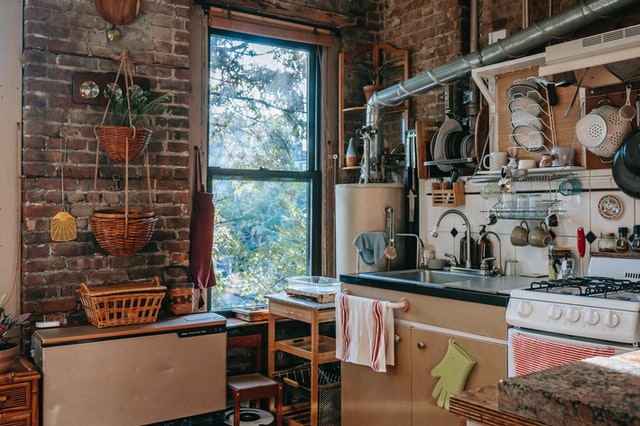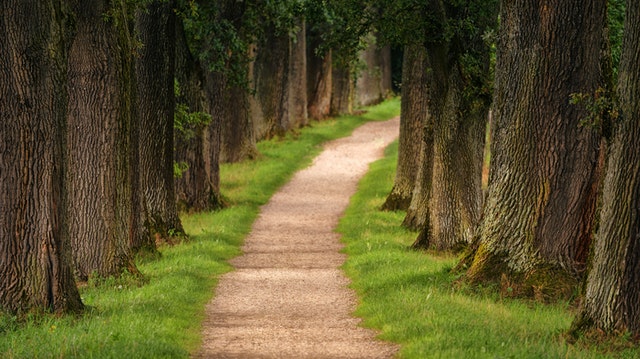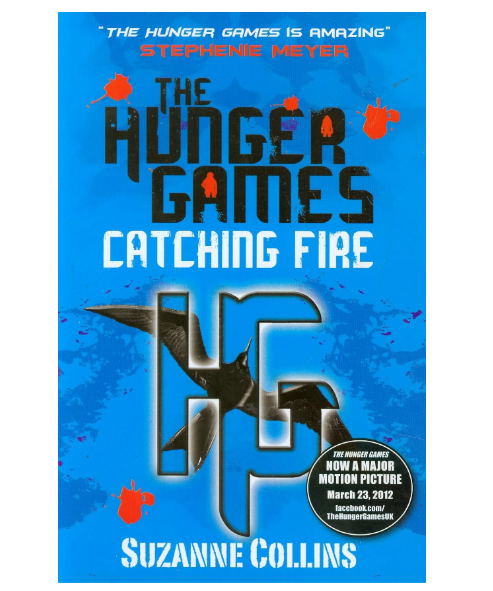Games & Play
Scroll through these cards for a few ideas to get you started...
There are lots of activities you can do with children that explore maths in the real world. Helping your child see the maths in things they’re doing anyway helps them understand that maths isn’t just a school subject. It’s useful outside of the classroom too!
On this page we've listed just a few ideas to get you thinking about numbers with your children. Some ideas that work almost anywhere include:
Cooking. Measure ingredients and set the timer together. Talk about fractions in cooking – for example, ask how many quarter cups make a cup.
Talk about proportions – for example, when you make a cup of tea or squash, ask your child how much milk or how much water they’re using.
Look for maths on the TV, in newspapers or magazines and talk about it together. You might find percentages in special offers, probability in weather reports, salaries in the job section, or simply the length of TV shows.
Solve maths problems at home. For example: “we have 3 pizzas cut into quarters – if we eat 10 quarters, how many will be left?”

Directions. When travelling somewhere familiar, ask your child to give you directions and timings, then test their directions out. If they get something wrong, ask them to think of the best way to get back to where you want to go.
Look for patterns and symmetry when out and about.
Talk about the buildings or landscapes around you. For example, ask your child to think about how they can estimate how many bricks were used to build a local landmark, or how many trees are in the park.
On journeys, talk with your child about how many miles or kilometres you have travelled, how many are left and what time you should reach your destination.

If your child has a mobile phone, use it to talk about maths and money saving. Look together for the best plans: does their network sell any extras that would make texts or calls cheaper? Is it cheaper to text or to use Messenger, Snapchat or Whatsapp?

When buying a couple of items, ask your child to work out how much they will cost together. As a challenge for older children, ask them to estimate what the weekly shop will come to. Work out offers in supermarkets together. Ask them to work out which are the best deals

Ask your child to check your change when shopping with cash.

Use pocket money as an opportunity to talk about maths. Is your child saving for anything? How much do they need to save each week to buy it?

Travelling. Ask your child to help you work out whether it’s cheaper to drive or take public transport. Are there any deals you can get on public transport?

Talk to your child about getting a bank account. Look together at what’s on offer for young people opening their first account and see which is the best deal.

Ask your child about the maths in any story they read or TV programme they watch. This helps children see how maths is used all the time. Whatever they’re reading or watching, there are chances to talk about maths – for example:
